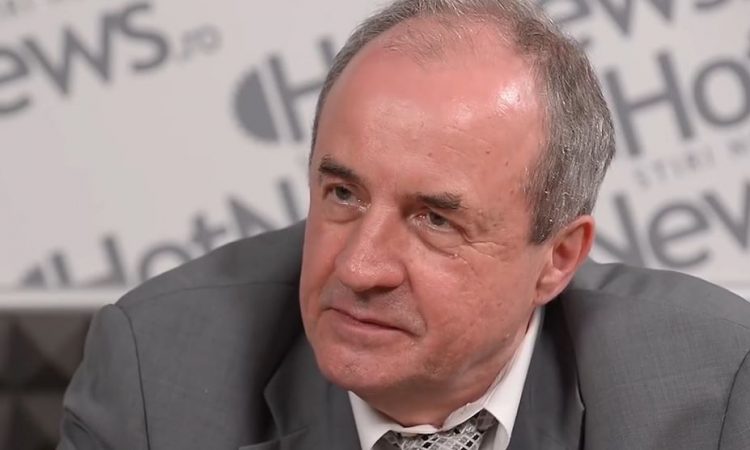
By Janusz Bugajski
Russia will be the main international beneficiary if Albania slides toward domestic conflict and instability. Moscow thrives on political crises in any European state. It can increase its various influences wheninstitutions weaken, law and order breaks down, conflicting political factionsbecome more receptive to outside assistance, and Western powers are embroiled in conflict management.
At the level of propaganda and disinformation, Russia will depict political violence or institutional breakdown in Albania as another failure of the West. Such a destructive scenario will be used by the Kremlin to amplify the message that NATO membership cannot ensure security and that the European Union cannot promote prosperity.
Russian-owned media outlets, fellow travelers in Western states, and pro-Moscow influencers in extensive social networks will question and undermine the continuing existence of NATO. They will also dismiss the rationale of maintaining a close relationship with the United States. If a staunchly pro-American Albania cannot ensure its security and stability with US assistancethen allegedly no country can rely on Washington as its close friend and ally.
At the regional level, an unstable Albania will assist Moscow in its campaign to destabilize and delegitimize Kosova as an independent state. Kremlin officials will encourage Serbian nationalism and Belgrade’s claims to Kosovar territory on the pretext of preventing another Albania scenario in Kosova. Moreover, talks between Belgrade and Prishtina on bilateral normalization could be frozen indefinitely.
Moscow would also use the Albania crisis to destabilize North Macedonia and prevent its entry into NATO. Russian media and state officials will encourage Macedonian nationalism as self-defense against alleged Albanian radicalization and seek to undermine inter-ethnic relations and the coalition government in Skopje. They will depict NATO entry as a recipe for even greater conflict that cannot preclude a potential attack on state borders.
Instability can also be exported to Montenegro, as Putin may seek revenge for his failed coup against the pro-Western government in October 2016. Militancy can be encouraged among all ethnic groups to weaken the Montenegrin state and assistance to pro-Russian Serbian nationalists could be intensified.
Since the collapse of communism in the early 1990s, Russia has greatly expanded its diplomatic and espionage presence in Albania. As in other European states, Moscow pursues the penetration of local intelligence services, business associations, political circles, media organizations, academic networks, and civil society groups.
With or without a full-blown conflict in Albania, Moscow is seeking tointensify its links with various political, economic, and social actorsin order to undermine support for NATO and the EU. In the event of institutional crisis and threats to democracy in vulnerable European states it will exploit those political figures who favor more authoritarian methods of rule or sponsor armed self-defense groups in various parts of the country to undermine the central government. At some point, Moscow can even interject itself as a mediator or peacekeeper ifstate authority breaks down.
Albania is certainly not immune to corrupt money or to penetration by criminal organizations linked with Russian intelligence services. They will use the opportunity of political uncertainty, social unrest, and a weak legal system to expand their reach and bribe or blackmail their political targets.
A major target of Russian subversion in the Balkans are young people who may have little or no memory of communism or Sovietism. They can prove more vulnerable than older generations to Moscow’s disinformation through financial incentives and political tourism.This is reminiscent of how Salafist preachers entrap young religious Muslims in their webs of anti-Western propaganda and violent activism.
For instance, the Russian embassy in Tirana cultivates social and cultural ties with talented young Albanians andis grooming them as future supporters of Kremlin policies. This is evident in the state-sponsored “International Youth Forum” program that brings young well-educated Albanians and other youths from the Balkans to Sochi in Russia where they receive a strong dose of indoctrination reminiscent of Soviet days.
Moscow will also continue to pursue inroads into the Albanian media, calculating that it can undermine popular pro-Americanism and political and military commitments to NATO. There would be few greater prizes for Moscow in the Balkans than to turn Albania from a dependable American ally to an unstable internally conflicted nation on which NATO can no longer rely and which the EU does not want.
